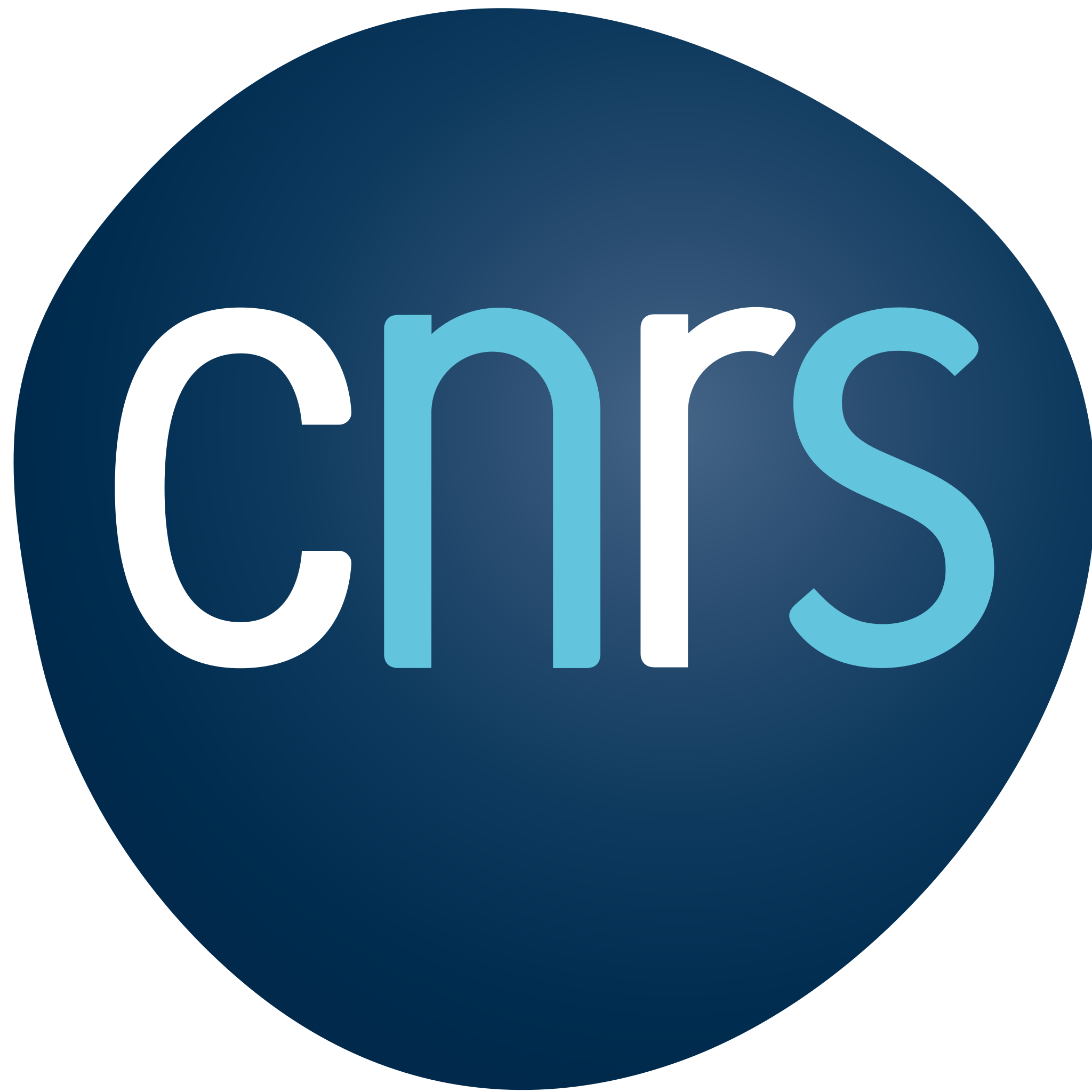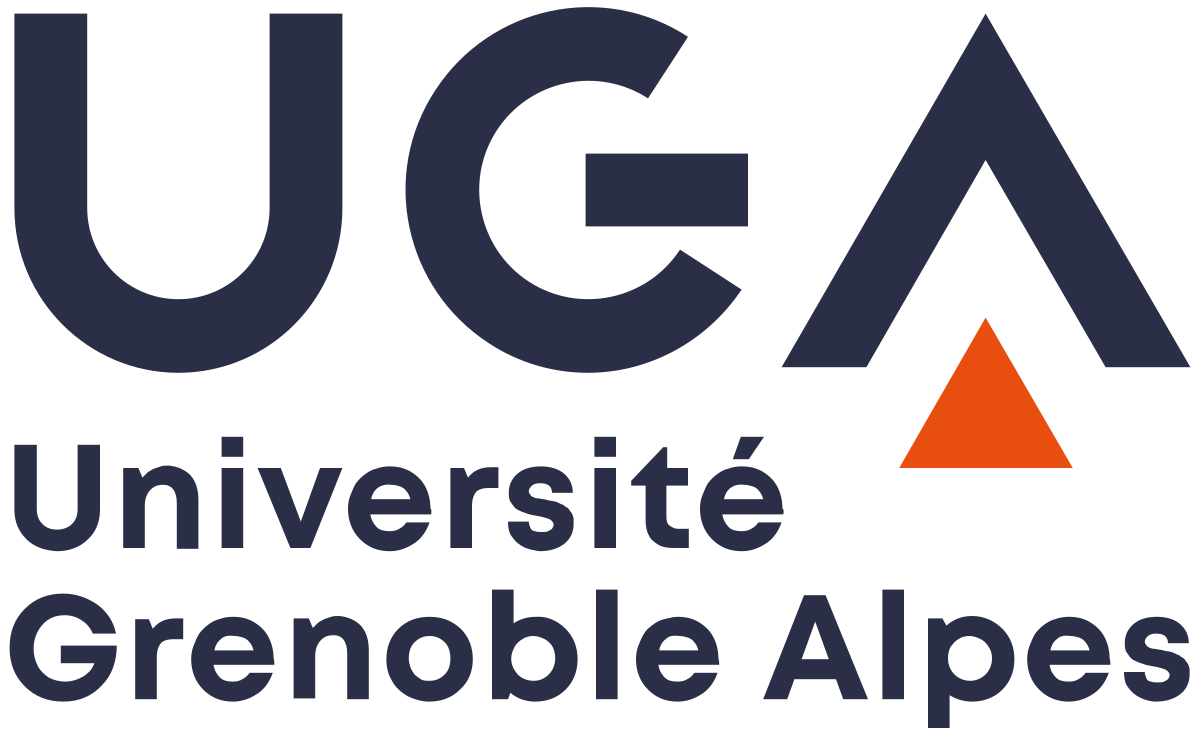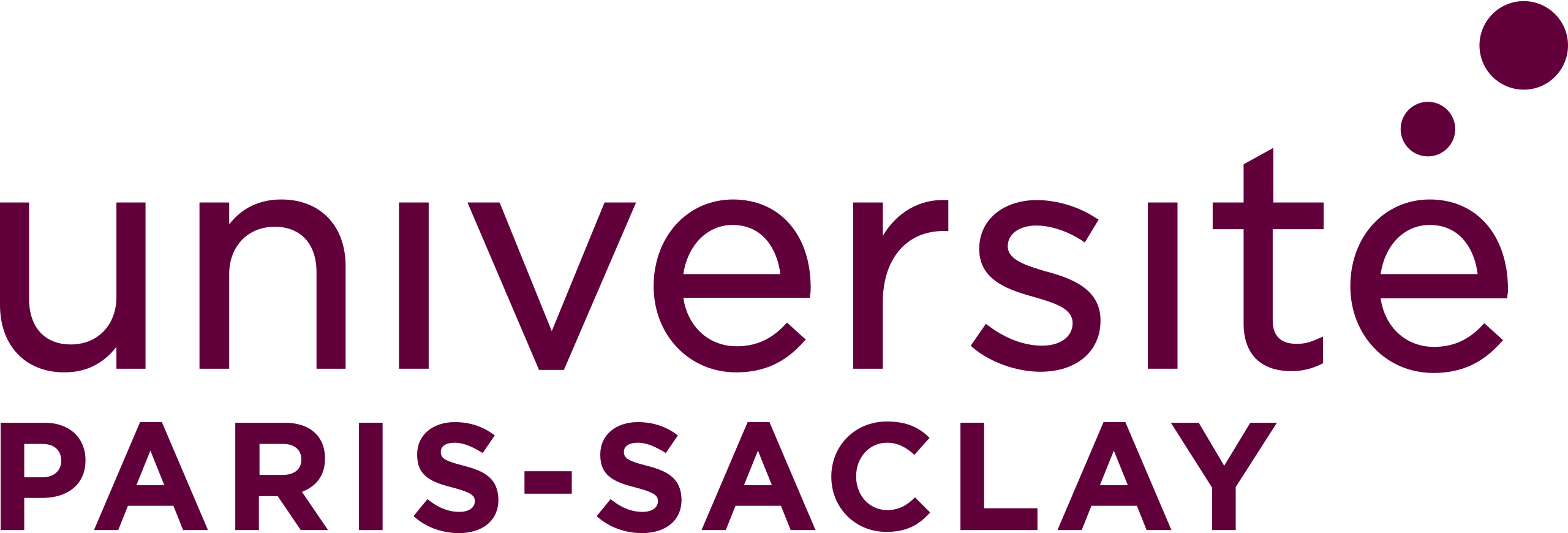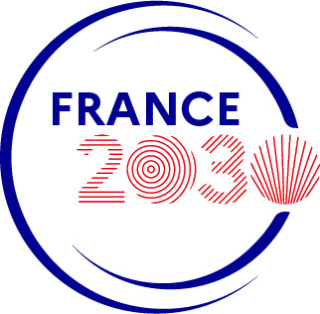Partner institutions: CNRS, Inria, Université Grenoble Alpes, Université Paris-Saclay,
IMT (Institut Mines-Télécom), Sorbonne Université, Université Claude Bernard Lyon 1, Université de Lille, Université Toulouse III,
ENAC, ENSAM, Université de la Réunion, Université de Lorraine, Université de Rouen, Université de Technologie de Compiègne, Université de Technologie de Troyes.
Contact: pc4 [at] pepr-ensemble.fr
5 priority themes:
-
Framework for analyzing the efficiency/effectiveness of online communities
-
Understanding socio-technical collaborative platforms in action
-
Visualizing platform activity to support analysis or participants coordination
-
Designing and developing Community-centric Design Methods
-
Infrastructuring platform participation
Goal: funding of 4-7 Ph.D. theses (or postdocs)
Theme 1: Framework for analyzing the efficiency/effectiveness of online communities
The results of online projects can be evaluated in different ways: volume or quality of knowledge produced, but also novelty, for example. But few studies have exhaustively and systematically identified these different dimensions of community production (the "outcomes"). Effectiveness refers to the process of producing these outcomes. However, here again, existing research focuses on fragmented effects in isolated studies and has not been able to measure and capture these overarching and potentially conflicting relationships. We are calling for proposals to review and study the most extensively possible the interactions between input (participants and organization of the online community), process (functioning of the interactions), and products/production of these groups, and the casualties between these different elements.
Keywords: online collaboration, inputs, process, outcomes, efficiency, large-scale collaboration
Theme 2: Understanding socio-technical collaborative platforms in action
The goal of eNSEMBLE is to produce actionable research. In this perspective, and in the context of PC4 CONGRATS, we are looking for proposals that study specific voluntary knowledge production platforms. We are interested in diversifying our understanding of the type of knowledge produced (aggregation of existing knowledge or production of new knowledge) and the conditions of participation (from openly accessible to only employees of organizations or intermediate arrangements).
We strongly encourage the proposed studies to be carried out hand in hand with the projects/communities in order to ensure a real transfer of research results to the different stakeholders of the communities. Examples of communities of interest to PC4 CONGRATS include: platforms for sharing and building verified information, such as OpenStreetMap; platforms for public debate and deliberation; task-oriented groups, such as collaborative gaming groups; user-developed collaborative epistemic/practice communities.
Keywords: online collaboration, large-scale collaboration, case study, action research
Theme 3: Visualizing platform activity to support analysis or participants coordination
This theme focuses on supporting the understanding of platform activity, whether from the perspective of researchers, platform administrators, or platform participants (from contributors to moderators to consumers or any other type relevant to the platform under study).
3.1 Researchers and administrators want to understand the broad dynamics of platform participation, while at the same time needing to narrow down to specific events or contribution patterns. New types of multi-scale visual analysis tools will be developed to link macro, meso and micro analysis of participation.
3.2 Platform participants have very little insight into the overall activity of the platform, and even less into how their activity relates to broader patterns of participation. This is a cause for concern, as individual experiences rarely reflect global platform activity. Supporting participants' understanding of platform activity is a first step in supporting more informed participation and engagement.
We invite submissions that explore the use of visualization tools to support community-driven knowledge and platform management. This relates to challenges of digital literacy, inclusivity through accessibility efforts, or diversity and cultural inclusion. Topics of interest include empirical studies on 1) the intelligibility of visualizations, 2) the ability of actors to act on the information provided in meaningful ways, and 3) the forms of coordination they facilitate and inhibit. These empirical findings will be used to develop socio-technical theories of platform governance and to inform the design of the platforms by other researchers in PC4 CONGRATS.
Keywords: online collaboration, visualization, participation
Theme 4: Designing and developing Community-centric Design Methods
Over the past two decades, digital design methodologies have coalesced around a set of broad principles now called UX design. While these methods have proven useful in making digital technologies more accessible, they often focus on individual experiences. They rely on either qualitative user research or large-scale behavioral analysis. These methods are typically top-down: teams of engineers, designers, and product managers define what is best with input from stakeholders.
As the plethora of issues surrounding social platforms demonstrates, while traditional design methods work well for individual applications, they miss the complex issues associated with social interactions at scale. New design methodologies are needed to create tools that do not alienate parts of communities and that address risk, ethics, privacy, and other design threats from the outset. We invite research aimed at defining a new class of community-centric design methods that scale to large groups and address issues of scale. This includes integrating multiple viewpoints into decisions, including conflicting ones. We invite a variety of approaches, from participatory design, social design, civic design, to multi-stakeholder decision management. A particular challenge is to account for the diversity of communities and to promote inclusion in design decision-making processes.
Keywords: design methods, participatory design, multi-stakeholder decision management
Theme 5: Infrastructuring platform participation
Creating the forms of participation and participation metrics envisioned in eNSEMBLE will require profound changes in the way collaboration platforms are designed and developed. Defining how people present themselves, what roles they can have, how they interact with each other through the platforms, what is tracked and what is not, has implications at various levels of the underlying technological stack.
Designing and deploying such socio-technical systems is a form of infrastructuring; it is not just about creating tools or social arrangements, but also the underlying technical layers that can enable the arrangements we envision. Rather than starting with design and development and then studying emerging behaviors, we are looking for proposals that create technical prototypes that demonstrate how alternative forms of social interaction could be technologically mediated, informed by real case problems/projects. These technical interventions will address group formation, privacy and role management, accessibility, authorship, and user interaction that can handle noise and toxicity, support trust building, information coherence and consistency, as well as broader platform management and governance interventions.
The studies will need to pay close attention to the technical feasibility, performance and scalability of the elements developed at the technical level, as well as their viability, relevance and impact at the individual and societal level, as people interact at high volumes and speeds, often in a distributed manner. Proposals that build on or refine theories of infrastructure and address existing platform challenges are particularly welcome. Proposals should be explicit about links to existing communities.
Keywords: platform infrastructure, action-research, security, privacy, community sustainability, inclusion






